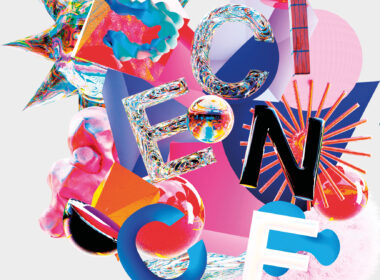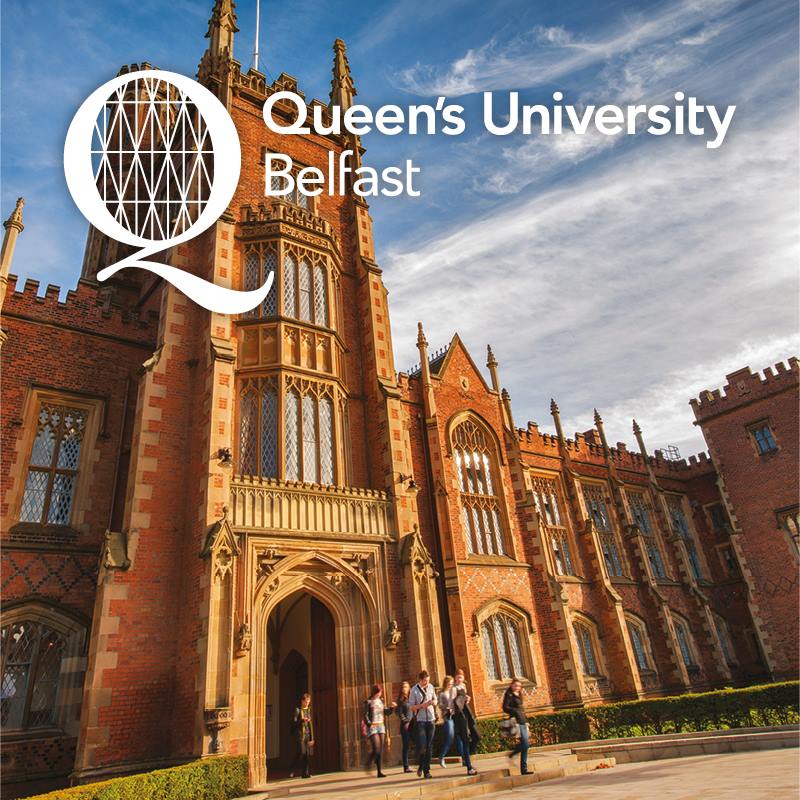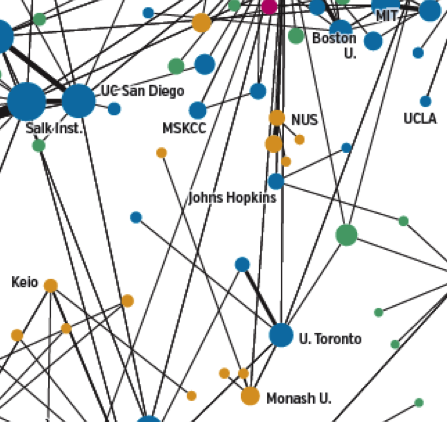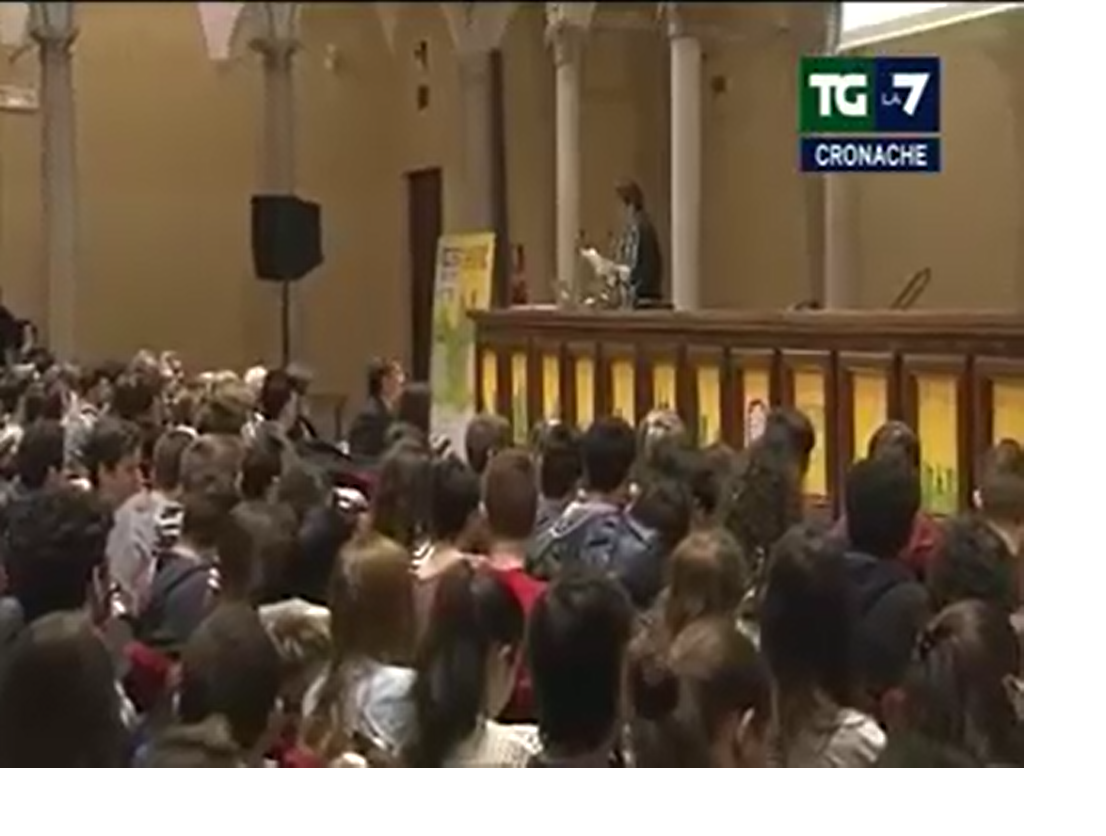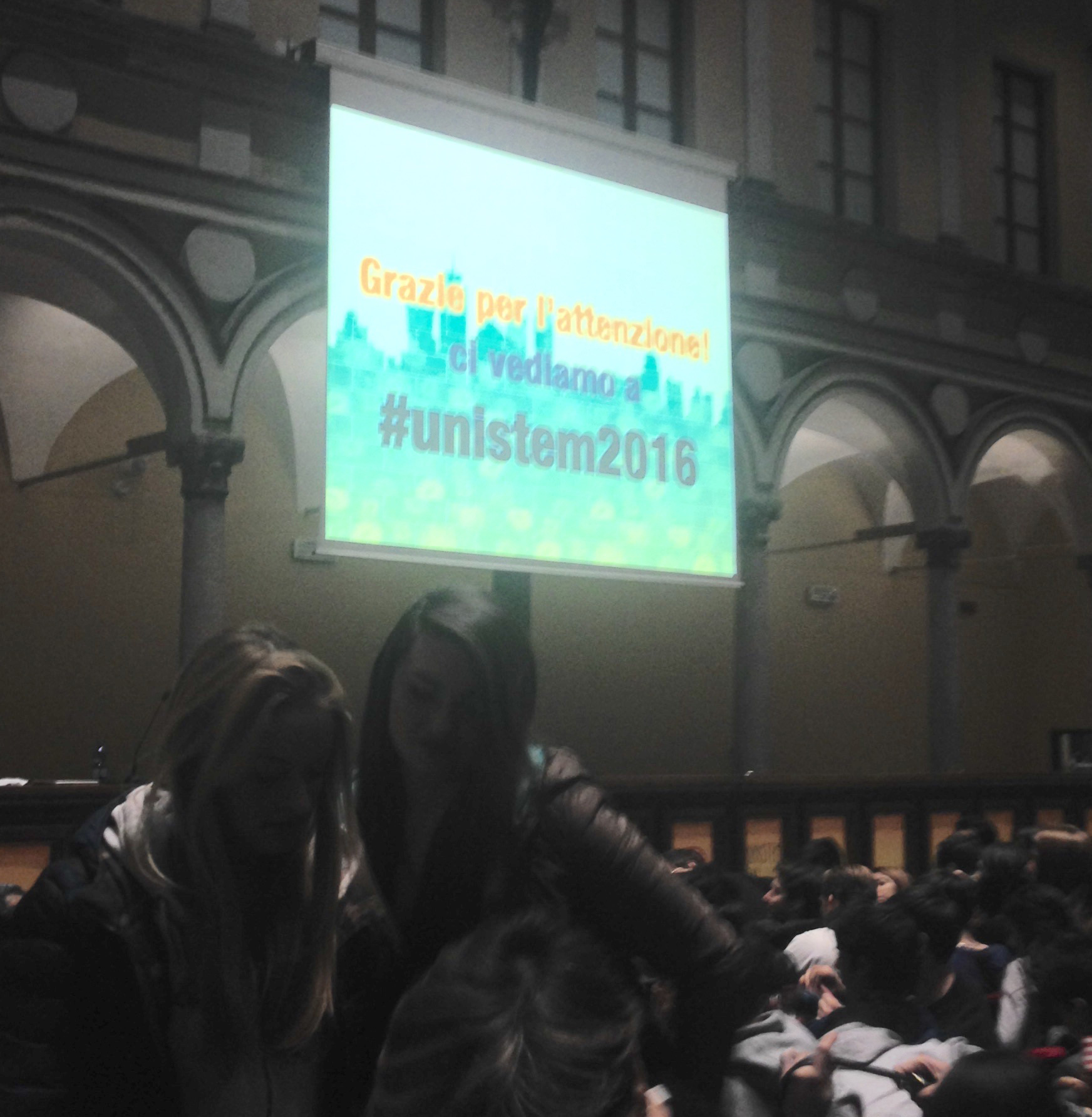This is a question I pose to students when I introduce stem cell research to young people in schools.
In order to make the practice and end products of science and innovation meet the values and needs of society, advances in research need to be discussed in an open way that encourages participation from everybody; from scientists and doctors to patients and their families.
Meet UNISTEM! Now in its seventh year, UNISTEM is an engaging pan-European event organised to stimulate thought and engage young people to see stem cell research and science as an exciting, humanitarian activity where big challenges in human health are addressed and the answers have yet to be discovered.
As a former science teacher, textbook science can often appear hard to appreciate and unreal to many students. This large scale event aims to invite students to step away from their textbooks and interact with cutting edge researchers tackling these big societal questions through collaborative projects aimed at improving outcomes for people with debilitating diseases.
For UNISTEM 2015, I will be travelling to Northern Ireland to work with REDDSTAR partner Queen’s University Belfast. We have woven a rich tapestry of activities to stimulate students to develop a deeper appreciation for stem cell biology. They see how live cells are being used to study complex diseases like diabetes and Multiple Sclerosis, and how these incredible stem cells play a role in repairing and replacing diseased and damaged tissues throughout the body.
After a warm welcome and introduction, Queen’s University Belfast stem cell researchers will present some on-going work with neural stem cells, endothelial progenitor cells, and mesenchymal stem cells to target central nervous system,eye diseases, and injuries to the lungs. Dr Denise Fitzgerald, Prof Alan Stitt, and Prof Danny McAuley will present their research in these exciting areas. EuroStemCell’s short film ‘Conversations: ethics, science, stem cells’ will be screened and students will be treated to a lively talk by Ethicist Dr Melissa McCullough. After lunch and a visit through the always-impressive W5 Science Discovery Centre, three breakout sessions will occur where small groups of students will design an experiment and test a battery of ‘therapies’ on their ‘cells’, learn about and discuss the intricacies of collaborative EU-funded research projects through the Milan-produced film Behind the Science, and develop a strategic plan for communicating stem cell science to a range of audiences.
Organising the event with Dr Reinhold Medina (QUB) and Aideen Johnson (W5) has been a great pleasure. We expect the day to be thought-provoking and enjoyable. I hope that the students will agree that studying science will help them to be more informed citizens and can lead to a successful and rewarding career! Young and enthusiastic scientists are critical for future innovations in stem cell research. 
Danielle Nicholson,
REDDSTAR Dissemination Officer Università degli Studi di Milano – Centro di ricerca sulle cellule staminali



